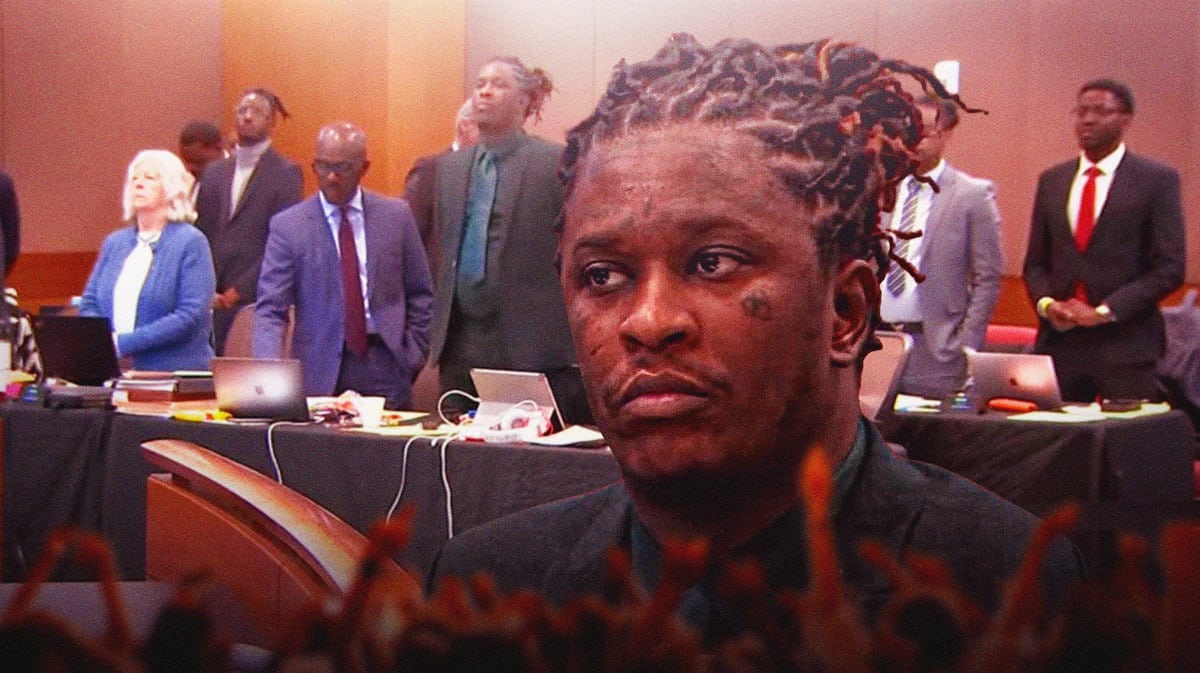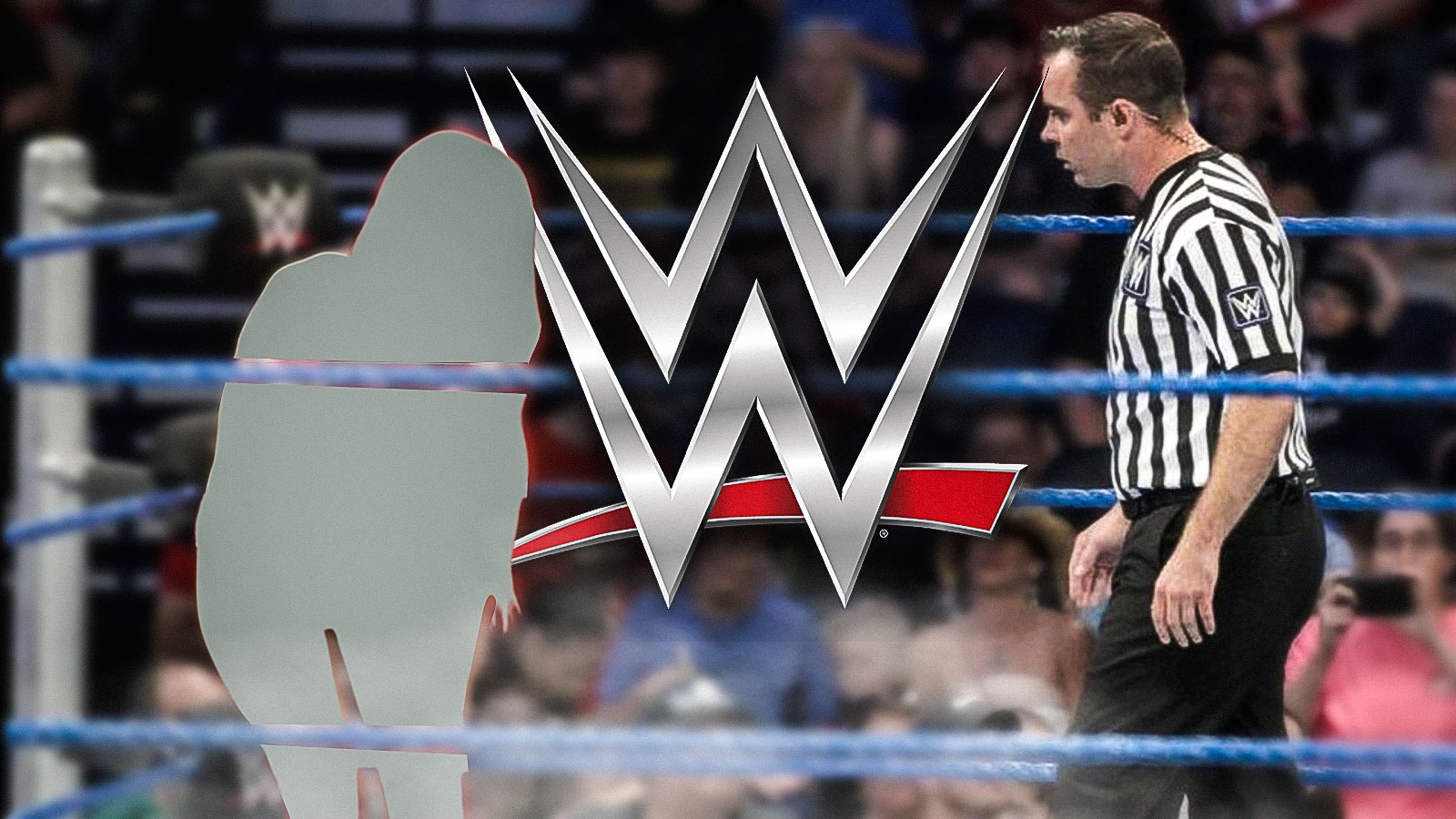In a courtroom drama that unfolds like a gripping narrative, defense attorney Brian Steel vehemently challenged the prosecution's depiction of rapper Young Thug, dismissing accusations that the Grammy-winning artist led a small-time Atlanta street gang. Steel's opening statements resonated with defiance, ridiculing the idea that Jeffrey Williams, known as Young Thug, would divert his attention from a soaring music career to run a criminal enterprise in the Cleveland Avenue area.
The trial, anticipated to stretch across several months, is a litmus test for Georgia's Racketeer Influenced and Corrupt Organizations Act (RICO). It mirrors the controversial use of rap lyrics as evidence, thrusting Young Thug, a cultural icon at 32, into a legal maelstrom that questions the intersection of artistic expression and criminal allegations.
Young Thug’s lawyer explains what “Young Thug” means: “Truly Humbled Under God. That's what Thug means.” pic.twitter.com/MCf04Rn5m4
— philip lewis (@Phil_Lewis_) November 28, 2023
From Purple Dresses to Grammys: Young Thug's Cultural Impact
(Beyond the Courtroom Drama)
Young Thug's influence extends far beyond the confines of a courtroom. A trailblazer in both music and culture, he made headlines by wearing a purple dress on the cover of his 2016 album, “Jeffery.” His collaborations with global artists, such as Camila Cabello, Travis Scott, and Drake, coupled with a Grammy win for “Song of the Year” in 2019, showcase his multifaceted contributions to the music industry. However, this towering reputation collided with the law in May when Young Thug and over two dozen others faced RICO charges, implicating them in the operations of a criminal street gang.
In the face of legal adversity, Young Thug released his latest album, “Business is Business,” from jail, underscoring a dichotomy between the artist's creative output and his legal predicament.
Steel's Counter-Narrative: Unraveling Young Thug's Story
From Poverty to Prominence
Brian Steel, in his opening statements, skillfully wove Young Thug's life story, portraying a narrative of triumph over adversity. Growing up in poverty in Atlanta with ten siblings, Young Thug, according to Steel, used talent and relentless work ethic to ascend the ranks of the music industry. The defense painted a picture of a man committed to his roots, who, upon achieving success, pledged to uplift those around him rather than orchestrate a criminal enterprise.
The rap moniker “Young Thug,” dissected by Steel, emerged as a homage to Tupac's “PYT (Playa Young Thugs)” and encapsulated a message of being “Truly Humble Under God.” Additionally, Steel linked the rapper's label, Young Stoner Life Records, to the iconic fashion brand Yves Saint Laurent, highlighting the YSL acronym emblazoned on the rapper's favored tight-fitting pants.
Deconstructing Allegations: “Pushing Positivity” and Targeted Conspiracy
(Lyrics as Art, Not Confession)
One of the pivotal moments in Steel's defense was the assertion that “pushin P,” a Grammy-nominated track featuring Young Thug, Gunna, and Future, stands for “Pushing Positivity.” This declaration sought to challenge the prosecution's interpretation of lyrics and underscored Steel's argument that many allegations were based on misrepresentation and taken out of context.
Gunna, charged with racketeering conspiracy, entered an Alford plea, maintaining innocence but recognizing the practicality of a guilty plea. Steel walked through each overt act in the indictment, refuting claims and emphasizing the lack of evidence tying Young Thug to criminal activities. The defense contended that the prosecution, in its pursuit, had turned the rapper's charitable efforts into a supposed conspiracy, exemplified by allegations of Young Thug renting a car used in a murder. Steel argued that the rapper routinely rented cars for people but lacked control over their subsequent use.
Prosecution's Narrative: YSL as a Criminal Gang
(Allegations of a Crater in Cleveland Avenue)
Contrasting Steel's narrative, prosecutors presented YSL, Young Thug's label, as more than just a music entity. They argued that it operated as an Atlanta-based criminal street gang responsible for crimes ranging from armed robbery to murder. Chief Deputy District Attorney Adriane Love painted Young Thug as the “proclaimed leader” of the group, alleging that the gang created a metaphorical crater in the heart of Fulton County's Cleveland Avenue community, impacting its youth negatively.
The prosecution leaned heavily on the contentious use of rap lyrics as evidence, highlighting their alleged connection to real-life crimes. This strategy aimed to establish a link between the artist's creative expressions and criminal intent.
Anticipating the Unraveling Legal Drama
(Intersection of Art and Justice)
As the trial progresses, the legal spectacle surrounding Young Thug brings to the forefront complex questions about artistic freedom, cultural impact, and the line between creative expression and criminality. The juxtaposition of Young Thug's cultural contributions and legal entanglements paints a nuanced picture, inviting observers to navigate the intricate intersection of art and justice. The trial is poised to uncover


















